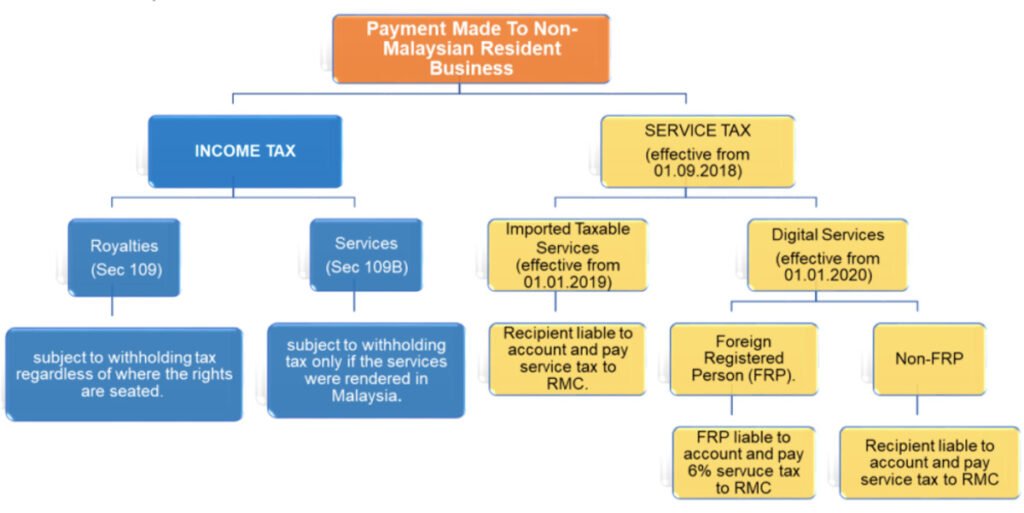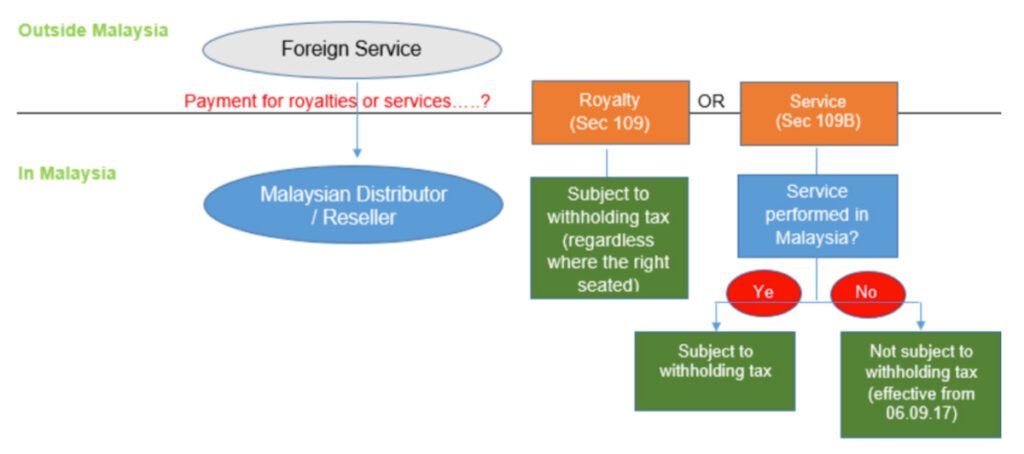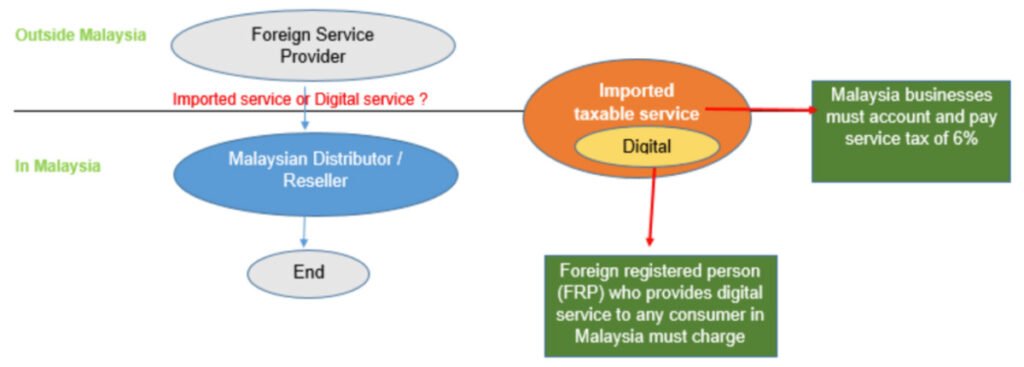Family Office vs Private Banking: Which Offers Better Control of Your Wealth?
For high-net-worth (HNW) individuals and corporates in Malaysia, managing wealth effectively requires more than just traditional banking. Two popular options are family offices and private banking, both designed to provide personalised financial solutions.
But which one offers better control of your wealth? While private banking offers exclusive banking privileges, family offices provide a holistic and independent approach to managing assets, succession planning, and investments.
This article explores the key differences between family offices and private banks, their benefits, and why many wealthy families in Malaysia are shifting towards family office structures for long-term control.
But which one offers better control of your wealth? While private banking offers exclusive banking privileges, family offices provide a holistic and independent approach to managing assets, succession planning, and investments.
This article explores the key differences between family offices and private banks, their benefits, and why many wealthy families in Malaysia are shifting towards family office structures for long-term control.
What is a Family Office?
A family office is a private advisory firm set up to manage the financial and personal affairs of wealthy families. It goes beyond banking, covering everything from investments and tax planning to succession and philanthropy.
Key features of family offices:
Key features of family offices:
- Comprehensive wealth management across multiple asset classes.
- Independence from banks — advice is tailored to family goals, not product sales.
- Services include succession planning, estate structuring, risk management, and charitable planning.
- Can be structured as a single family office (serving one family) or a multi-family office (serving several families).
Learn more: Family Office Malaysia – Purpose and Strategies.
What is Private Banking?
Private banking is a specialised division within banks offering exclusive services to HNW clients. It focuses primarily on investment management and financial products.
Key features of private banking:
Key features of private banking:
- Relationship managers provide access to exclusive investment opportunities.
- Services include portfolio management, lending, estate planning, and luxury lifestyle perks.
- Heavily product-driven, as banks may promote their own investment instruments.
- Typically requires a minimum asset threshold (e.g., RM3 million or higher).
Family Office vs Private Banking: Key Differences
| Aspect | PEO (Professional Employer Organisation) | EOR (Employer of Record) |
|---|---|---|
| Legal Employer | Your company is still the legal employer. | EOR is the legal employer. |
| Entity Requirement | Requires your company to have a Malaysian legal entity. | No local entity needed — ideal for foreign companies. |
| Scope of Services | HR support, payroll, compliance assistance. | Full employment responsibility, contracts, and compliance. |
| Best For | Established Malaysian businesses wanting HR efficiency. | Foreign businesses hiring in Malaysia without setting up an entity. |
Compliance and Governance in Malaysia
Family offices and private banks both operate within Malaysia’s financial and regulatory framework, but with differences in approach:
- Family Offices: Often incorporate accounting, legal, and tax advisory into governance. This may involve working with an audit firm in Malaysia to ensure compliance and risk management. Some even leverage incentives, such as the Family Office Incentive Scheme in Forest City Free Trade Zone.
- Private Banking: Operates under the bank’s regulatory structure, which ensures product compliance but limits flexibility in structuring unique wealth arrangements.
Benefits of Family Offices
1. Greater Control
Families set their own investment policies, asset allocations, and governance frameworks.
2. Succession Planning
Ensures wealth continuity through succession planning in Malaysia.
3.Comprehensive Advisory
Covers tax, accounting, and risk management with specialists. See: Family Office and Private Client Services.
4. Privacy and Confidentiality
Family offices offer discretion beyond what private banks can provide.
Benefits of Private Banking
1. Exclusive Access
Clients gain access to private investment deals, structured products, and global opportunities.
2. Convenience
Wealth management is bundled with banking services, credit facilities, and lifestyle perks.
3. Global Reach
Established banks provide international banking services for cross-border families.
Which is Better for Wealth Control?
- Family Office: Best for families wanting long-term control, independence, and a comprehensive strategy that goes beyond investments. Ideal for those seeking multi-generational wealth preservation.
- Private Banking: Best for individuals who prioritise access to banking privileges and curated financial products, and who prefer convenience over independence.
Ultimately, many HNW families in Malaysia combine both — using private banking for exclusive investments while a family office manages governance, compliance, and long-term planning.
For insights: Do I Need Family Office Services?.
For insights: Do I Need Family Office Services?.
Example Scenario
- Scenario 1: A Malaysian business family wants to transfer ownership to the next generation. A family office provides governance structures, succession planning, and tax-efficient strategies, ensuring smooth wealth transfer.
- Scenario 2: A corporate executive with significant liquid assets wants premium banking perks and structured investment opportunities. Private banking is more suitable.
FAQs
Q1: What is the main difference between a family office and private banking?
A: Family offices provide independent, holistic wealth management and governance, while private banking focuses on investment products and banking services.
Q2: Are family offices regulated in Malaysia?
A: Yes, family offices operate under financial and legal frameworks, often engaging licensed professionals such as audit firms in Malaysia for compliance.
Q3: Is private banking cheaper than a family office?
A: Generally, yes. Private banking fees are tied to assets under management, while family offices require customised structures, which may involve higher upfront costs.
Q4: Can a family use both private banking and a family office?
A: Yes. Many families combine the exclusivity of private banking with the independence and governance benefits of a family office.
Q5: When should I consider setting up a family office?
A: Typically when a family has complex wealth structures, cross-generational planning needs, or significant global assets. See Family Office Importance.
A: Family offices provide independent, holistic wealth management and governance, while private banking focuses on investment products and banking services.
Q2: Are family offices regulated in Malaysia?
A: Yes, family offices operate under financial and legal frameworks, often engaging licensed professionals such as audit firms in Malaysia for compliance.
Q3: Is private banking cheaper than a family office?
A: Generally, yes. Private banking fees are tied to assets under management, while family offices require customised structures, which may involve higher upfront costs.
Q4: Can a family use both private banking and a family office?
A: Yes. Many families combine the exclusivity of private banking with the independence and governance benefits of a family office.
Q5: When should I consider setting up a family office?
A: Typically when a family has complex wealth structures, cross-generational planning needs, or significant global assets. See Family Office Importance.
Conclusion
For Malaysian corporates and high-net-worth families, the choice between family office and private banking depends on priorities. If you value independence, governance, and long-term wealth preservation, a family office offers unmatched control.
If you prefer convenience and exclusive investment access, private banking may suit you better.
Many families choose a hybrid approach, combining both. By partnering with experienced advisors offering family office services, accounting services in Malaysia, and compliance expertise, you can ensure your wealth is managed with confidence and foresight.
If you prefer convenience and exclusive investment access, private banking may suit you better.
Many families choose a hybrid approach, combining both. By partnering with experienced advisors offering family office services, accounting services in Malaysia, and compliance expertise, you can ensure your wealth is managed with confidence and foresight.














